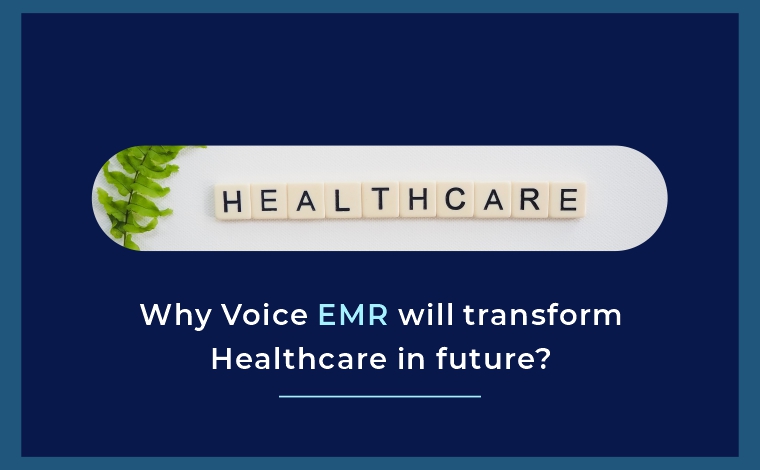


Voice technology is making significant strides in transforming the healthcare industry, thanks to its user-friendly interface and early adoption by professionals in the field. Let’s explore the various ways that major players in medicine and other sectors are harnessing this innovative technology. The trend in adoption is reciprocal.
On one side, an increasing number of patients are finding it easier to interact with voice-activated devices such as Microsoft’s Cortana, Amazon’s Alexa, and Google Home. In response, many hospitals and health systems are developing voice-activated tools tailored for patient use. This mutual engagement clearly demonstrates that users are positively embracing this technology.
On the other side, technology experts are tirelessly working to enhance the quality of voice recognition software. Developers are also creating inventive voice technology solutions to help individuals manage both acute and chronic medical conditions. This creates a win-win situation for patients, healthcare providers, and tech professionals alike. With advancements in speech recognition technology and the declining costs of devices, there are exciting opportunities for healthcare organizations to explore.
As voice technology becomes increasingly advanced, patients can now interact with their healthcare providers through voice-assisted devices. This technology serves as a touchless interface, making it ideal for sterile environments like operating or procedure rooms. For instance, doctors can communicate with each other using headsets equipped with voice assistants. When they speak into their headsets, the voice assistants relay the message and retrieve the necessary reports or information, displaying it on large screens in the operating area.
Innovations in AI, Machine Learning, Big Data, and Cloud Computing are driving the integration of voice technologies to streamline healthcare records management. Accurate speech-to-text software has demonstrated the ability to transcribe physicians’ notes with greater precision than a human medical transcriptionist. Moreover, voice recognition models help mitigate common issues like illegible handwriting and poor documentation practices. Voice assistants also play an essential role in capturing clinical notes in operating rooms and physicians’ offices.
This capability allows doctors to save considerable time on paperwork, focusing instead on their patients—especially those with chronic health issues—rather than being bogged down by electronic medical records (EMRs). Furthermore, voice assistants have become an integral component of the patient recovery process. Whether in the hospital or at home during recovery, voice interfaces can help patients connect with their surroundings, especially when they have limited mobility.
Starting with simple tasks like dimming lights, adjusting the room temperature, and controlling volume levels, voice technology empowers users to manage their environment. As adoption progresses, voice technology will enable users to order food, request nursing assistance, or access information about their medical condition from trusted sources using various health applications. As voice recognition technology continues to evolve and gain acceptance, its integration into the healthcare industry will only deepen.